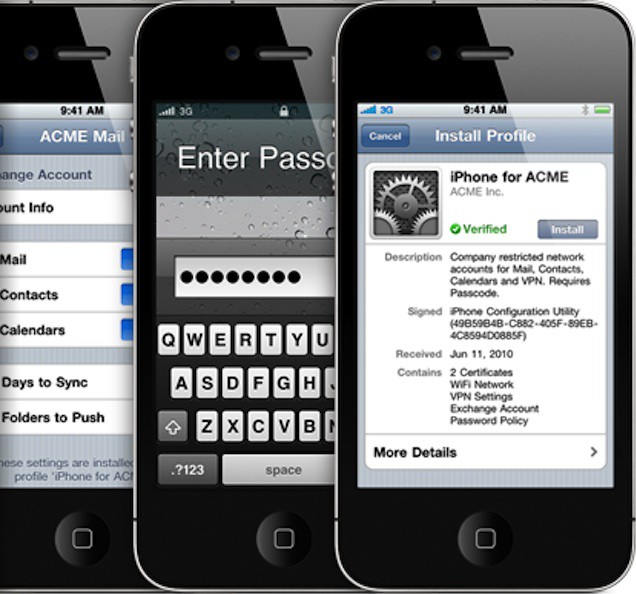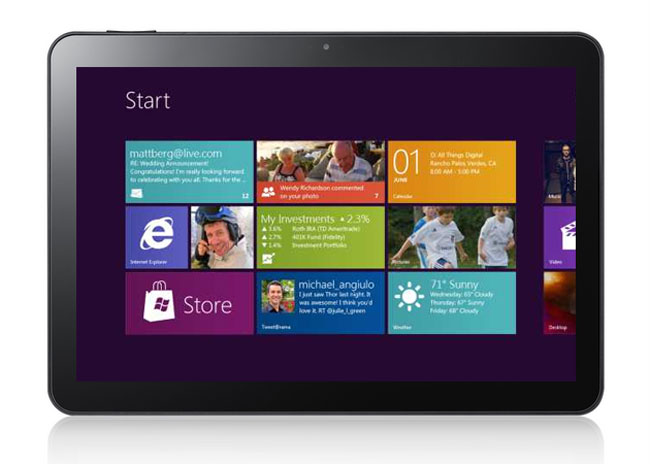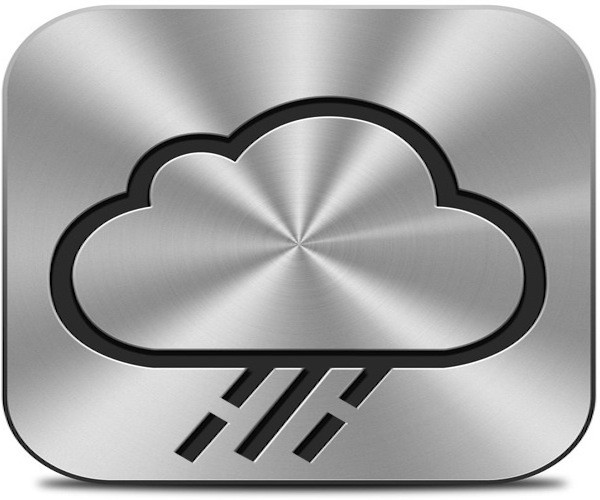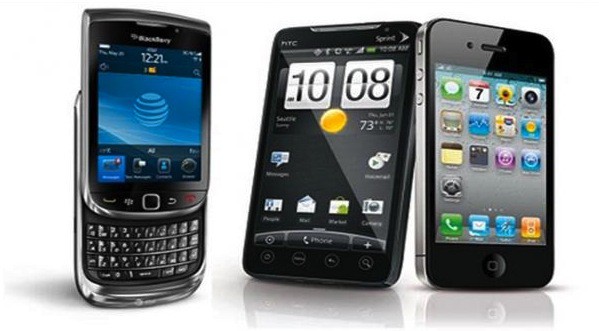The new iPad’s LTE option offers a lot of potential for mobile professionals, particularly the Verizon version because it will support the iOS personal hotspot feature. The plans available from both AT&T and Verizon are pretty much in line with the previous iPad 3G plans for individual customers.
While plans for individuals are fairly straightforward, the options for business can be much murkier. Both carriers offer business plans and bundles, but no two businesses have the same needs or mix of devices. If your business is considering new iPads with LTE, you’ll want to sit down with your account rep to get the details about what options you have and possibly negotiate with them to get the best deal – but doing a thorough review of your existing mobile plans first can put you in the driver’s seat during those negotiations and save your company a ton of money.

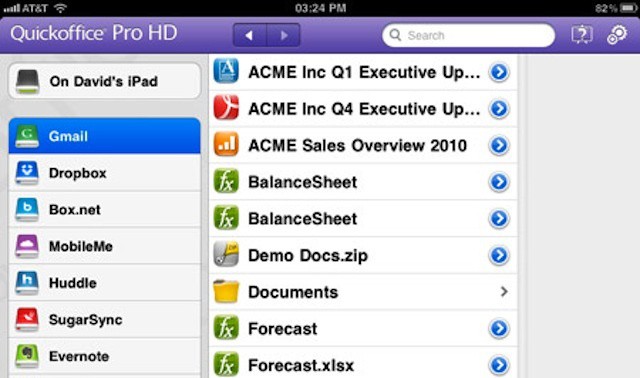

![Use Configurator To Roll-Out iOS Devices To Your Users – The Right Way [How-To] Apple Configurator's Intro Screen](https://www.cultofmac.com/wp-content/uploads/2012/03/Screen-Shot-2012-03-13-at-12.29.12-PM.jpeg)
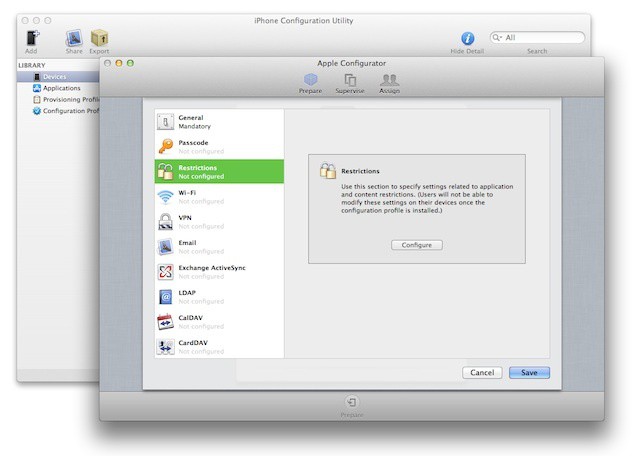


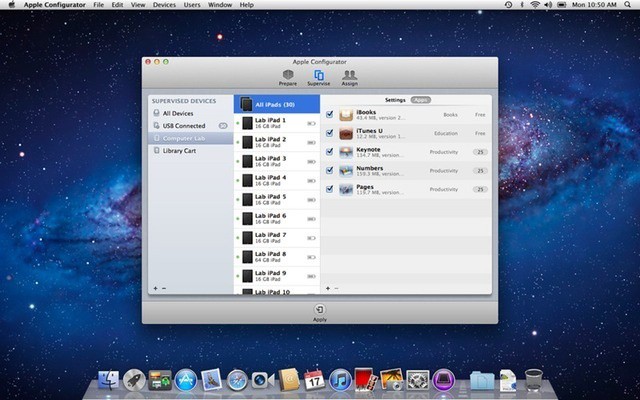
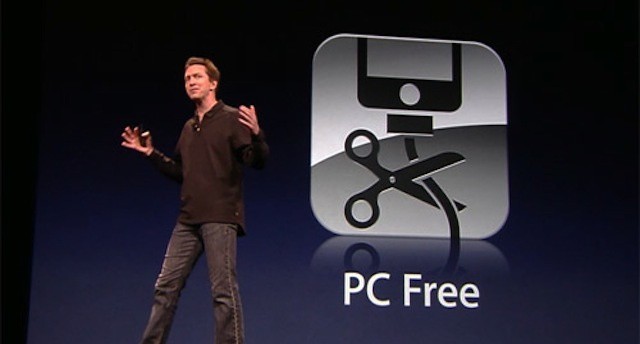
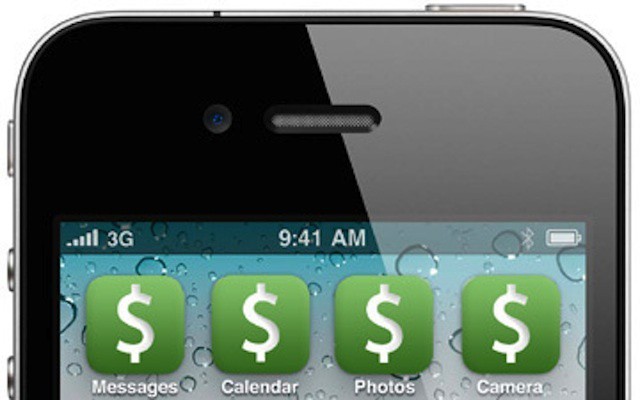

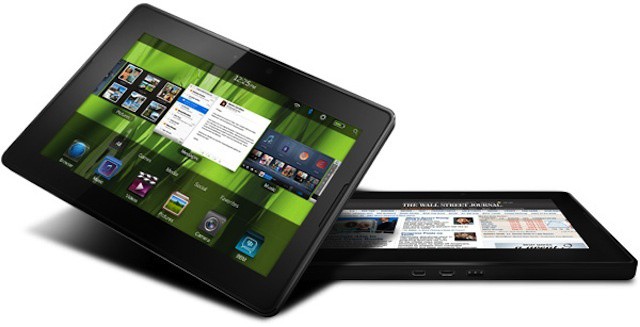
![Centrify Makes iOS Management Easy For Windows IT Pros And Does It For Free [Feature] Centrify offers DirectControl for Mobile and DirectControl for Mac](https://www.cultofmac.com/wp-content/uploads/2012/02/CentrifyLogoVerticalColorwithWhiteBackgroundHighRes1133x746.jpg)

![BYOD Challenge: How IT Can Keep User-Owned iPhones And iPads Secure In Enterprise [Feature] Not everyone is ready to jump on the BYOD bandwagon](https://www.cultofmac.com/wp-content/uploads/2012/02/byod-tshirt1.jpg)
